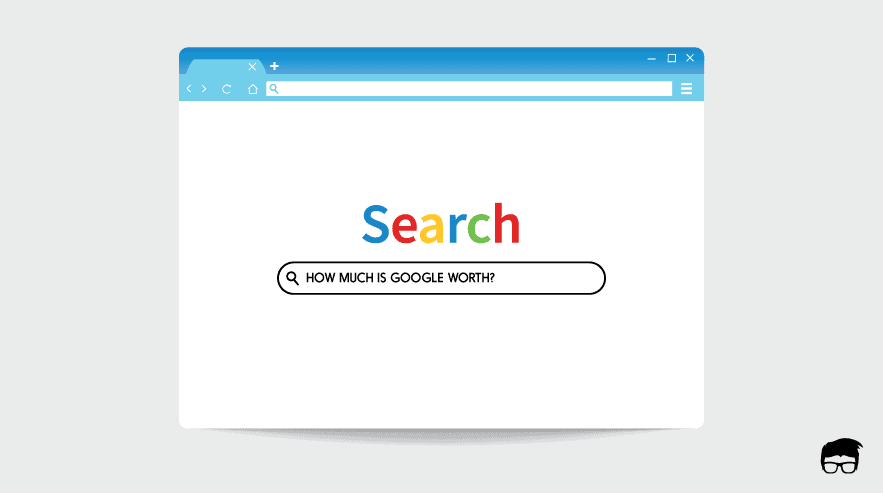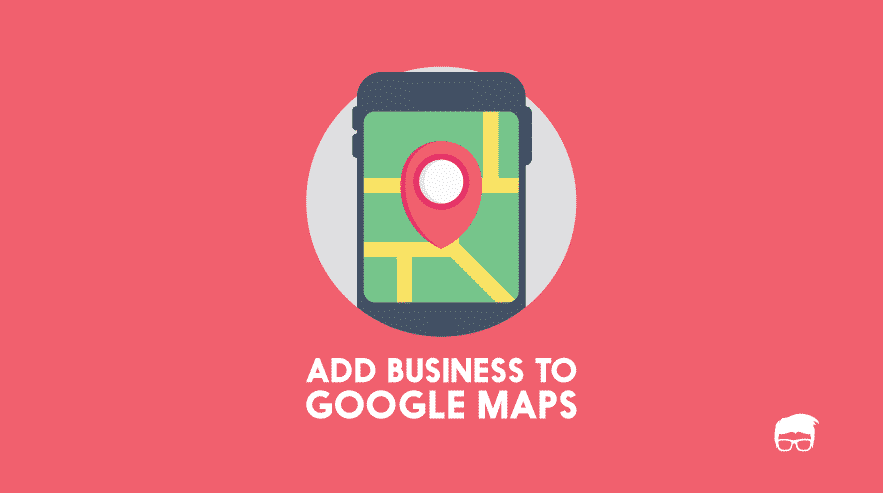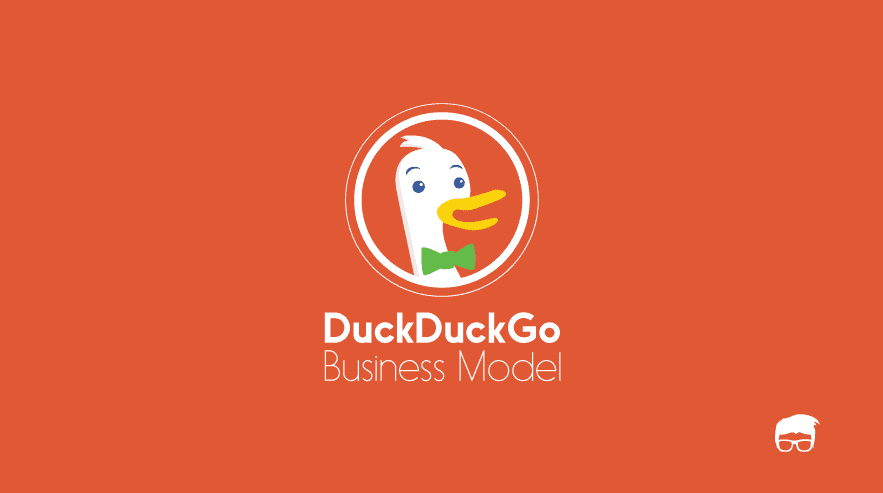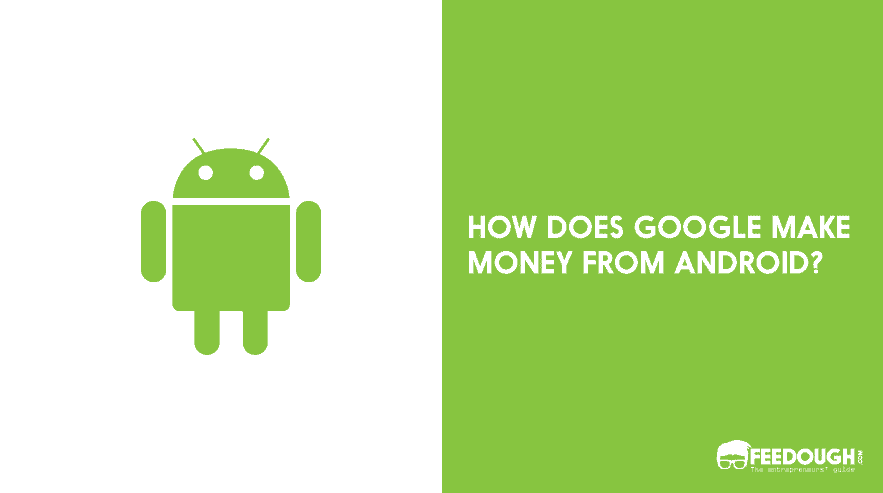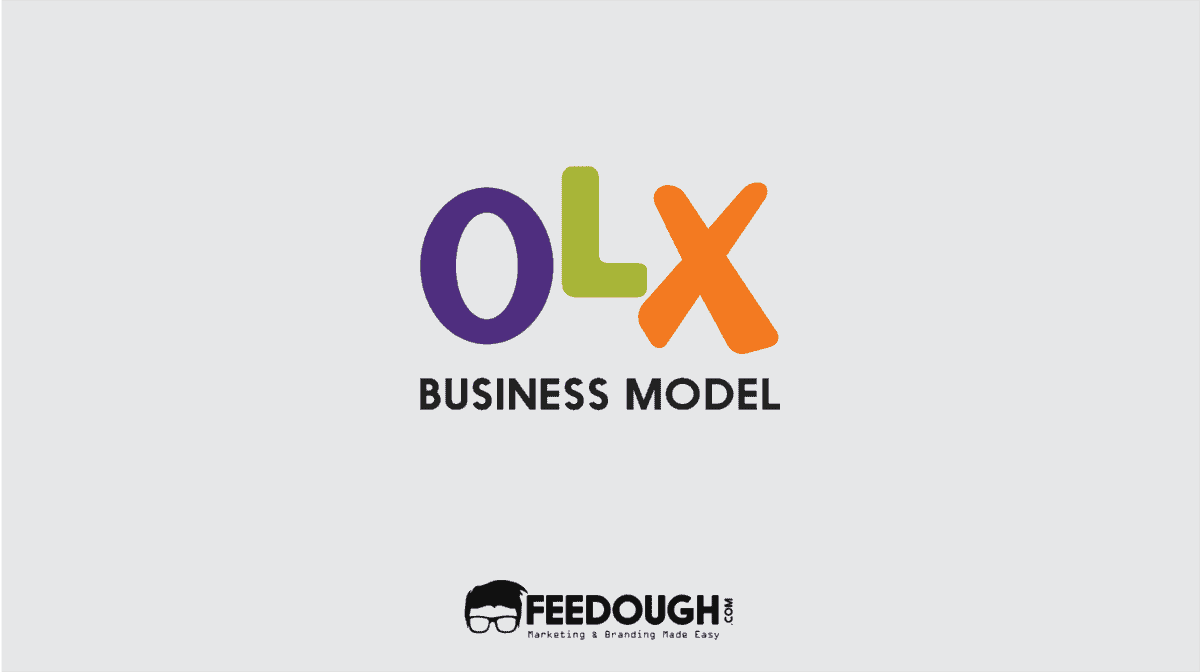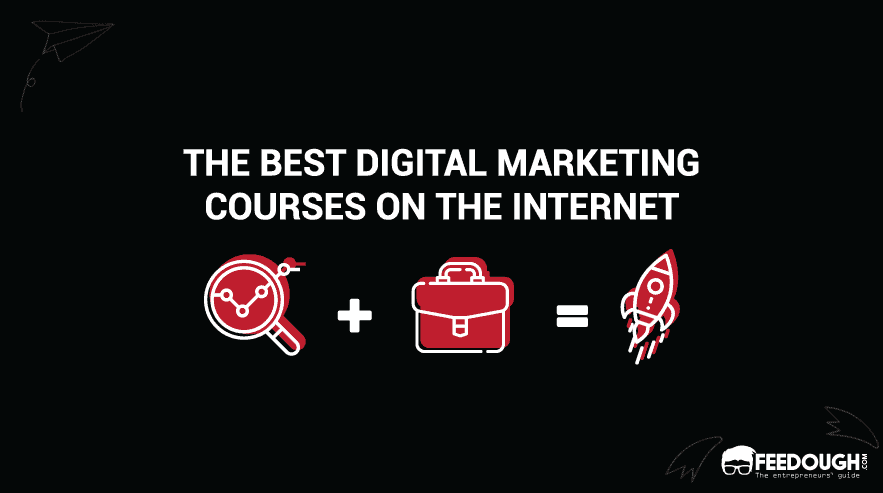Google has 92.24% of the world’s market share. Maybe that is why we say “Google it” to someone whenever they have a query and we don’t have an answer.
It is like, in the vast world of the internet, the name that stands out is Google.
Because it is not just a search engine; it is a huge tech company that plays a big role in our online lives. Since its launch, it has not just changed how we find information and use the internet. It has created the way we search.
At its heart, Google’s search engine, which uses clever computer tricks, has become a tool we all use daily and is a huge part of our lives. We use Google as a search engine, maps, email, videos, and many other things.
But when did Google start? Who owns Google today, and what milestones has Google set so far? Let’s explore Google’s beginnings, what its founders wanted to do, important moments in its history, and the new things it’s trying, all of which change and redefine how we use the internet.
What Is Google?
Google is a well-known multinational company focusing on internet-related services and products, including AI, search engine technology, online ads, computer software, cloud computing, quantum computing, e-commerce, and consumer electronics.
However, at its core, Google is primarily known for its search engine, used by billions of people worldwide to access information on the internet. Google employs complex algorithms to deliver relevant search results quickly and accurately, making it an integral part of our daily lives. So much so that people use the terms ‘Google it’ or Google as a verb, which signifies searching for something.
Thus, we can say since Google was founded in 1998, it has become one of the world’s most influential and widely recognised companies.
However, Google is far more than just a search engine. With time, it kept expanding its offerings to include a wide range of products and services serving user’s evolving needs with time, including but not limited to:
- Google Maps
- Gmail
- YouTube
- Google Drive
- Android
- Google Chrome
- Google Workspace (which includes Google Docs, Sheets, Slides, and more.)
- Google Cloud
- Google Assistant
Who Owns Google?
Google has undergone structural changes since its inception; thus, its partnership has changed over time. So, today, Google is owned by Alphabet Inc., a conglomerate, the holding company of Google and its other diverse portfolio of businesses and brands, established in 2015.
Google Parent Company: Alphabet Inc.
In 2015, Google went through a major restructuring, as Google desired to make its core work clearer and more accountable so that it could focus on Internet services and other companies under which it could operate smoothly.
This move was announced by Larry Page and Sergey Brin, the co-founders of Google, to make its core work clearer and more accountable and better organise and manage the various businesses and projects that had evolved under the Google umbrella.
Under Alphabet Inc., Google became one of several subsidiaries and continued to operate as the primary driver of revenue and innovation within the alliance.
Google Founder
The founders of Google are the two Ph.D. students from Stanford University in California, namely Larry Page and Sergey Brin. This duo met in 1995 while working on a research project on the World Wide Web (WWW). Within a year after they met, in 1996, they began working on a new search engine called BackRub, which they later renamed to Google.
Google was officially launched on 4 September 1998 from their friend’s garage in Menlo Park, California, United States. The company quickly grew and expanded, and by 2004, after beating Yahoo! Google already became the most popular search engine in the world, with users searching on Google 200 million times a day.
Larry Page and Sergey Brin own about 14% of Google’s publicly listed shares and 56% of the company’s super-voting stock.
Key Milestones In The History Of Google
Google’s journey to being a billion-dollar company from being a research project of two PhD scholars has long marked several significant milestones.
Even though I can not mark each milestone of Google here, I’ll add some of the critical moments in the history of Google:
- Google.com Domain (1997):
While it was still a research project of Larry Page and Sergey Brin at Stanford, they registered the domain name google.com in September 1997.
- The Birth of Google (1998):
Larry Page and Sergey Brin officially founded Google Inc. in September 1998 in a garage in Menlo Park, California.
- First Funding (1998):
Google secured its first major investment from Andy Bechtolsheim, co-founder of Sun Microsystems, of $100,000 in August 1998.
- Incorporation (1998):
Google officially incorporated as a company on September 4, 1998, with initial funding from investors including Bechtolsheim.
- Eric Schmidt as CEO (2001):
Eric Schmidt joined Google as CEO to provide experience and leadership to manage a growing tech company.
- AdWords in 2000:
AdWords was the advertising program that allowed businesses to bid for keywords and display targeted ads to the users within the search result screen.
- AdSense in 2003
AdSense enabled website owners to display Google ads on their sites and earn revenue from clicks.
- Google IPO (2004):
With its initial public offering (IPO), Google went public in August 2004. It raised $1.67 billion from IPO and became a publicly traded company under the ticker symbol “GOOG.”
- Acquisition of YouTube (2006):
Google acquired YouTube, the world’s largest video-sharing platform of that time, for $1.65 billion in stock. This move solidified Google’s presence in the online video space and boosted its revenue generation.
- Launch of Android (2008):
Google introduced the Android operating system for smartphones, which has become the world’s most widely used mobile operating system ever since.
- Introduction of Chrome Browser (2008):
Google brought a new web browser, Google Chrome, which quickly gained popularity for its speed and simplicity.
- Google’s Self-Driving Car Project (2010):
The launch of a self-driving car project in 2010, which it later named Waymo LLC, marked Google’s entry into autonomous vehicle technology.
- Alphabet Inc. Restructuring (2015):
Google restructured itself to streamline the work and businesses operating under the umbrella of Google. Here, the co-founders of Google introduced Alphabet Inc. in 2015, and Google itself became one of its subsidiaries.
- Quantum Supremacy (2019):
Google claimed to have achieved “quantum supremacy” in October 2019, demonstrating the potential of quantum computing to solve complex problems at previously impossible speeds.
- Launch of Stadia (2019):
Users got a cloud gaming service from Google called Stadia that allows users to play video games on various devices without needing hardware. Stadia offers a library of games that can be streamed over the internet at up to 4K resolution and 60 frames per second.
- Acquisition of Fitbit (2019):
Fitbit was acquired by Google, a leading wearable fitness device maker, for $2.1 billion in 2019. This acquisition enhanced Google’s presence in the health and wellness market and gave it access to Fitbit’s user data and technology.
- Launch of Google Workspace (2020):
At the time of Covid19, when the entire world was working from home, Google rebranded its suite of productivity and collaboration tools, formerly known as G Suite, to Google Workspace in 2020.
- Launch of Google Cloud Healthcare API (2021):
With the Google Cloud Healthcare API, healthcare organisations can securely store and access health data in the cloud without silos, manage existing and new patient data, privacy, and more.
- Launch of Privacy Sandbox (2022):
The Privacy Sandbox was first announced in January 2020 and has been developing since then. In 2022, Google began testing some of the proposals in the Privacy Sandbox in Chrome. A Google initiative called the Privacy Sandbox aims to enhance online user privacy by developing new privacy-focused web technologies and standards for digital advertising that reduce the need for third-party cookies.
- Launch of Google Bard (2023):
Google Bard is a recent experiment that Google launched in early 2023 after ChatGPT came into existence as an AI chatbot that can access the internet to leverage Google search for its responses. Google Bard is a potential milestone for Google’s innovation and vision, but it is still in its early stages and not widely available to the public.
Wrapping Up
As a project that started in a garage and now shapes the digital age, Google’s journey has been nothing short of impressive. Founded by Larry Page and Sergey Brin, Google has evolved into a multifaceted conglomerate under Alphabet Inc.
With its spirit to never stop, Google has created several breakthroughs like quantum supremacy, AdWords, Android, self-driving cars, ethical AI, and much more, and has continued redefining our world. The way Google navigates challenges and innovations, it always remains at the forefront of technological advancement, which impacts how we work, connect, and explore the ever-expanding digital landscape.
Ravpreet is an avid writer, prone to penning compelling content that hits the right chord. A startup enthusiast, Ravpreet has written content about startups for over three years and helped them succeed. You can also find her cooking, making singing videos, or walking on quiet streets in her free time.

